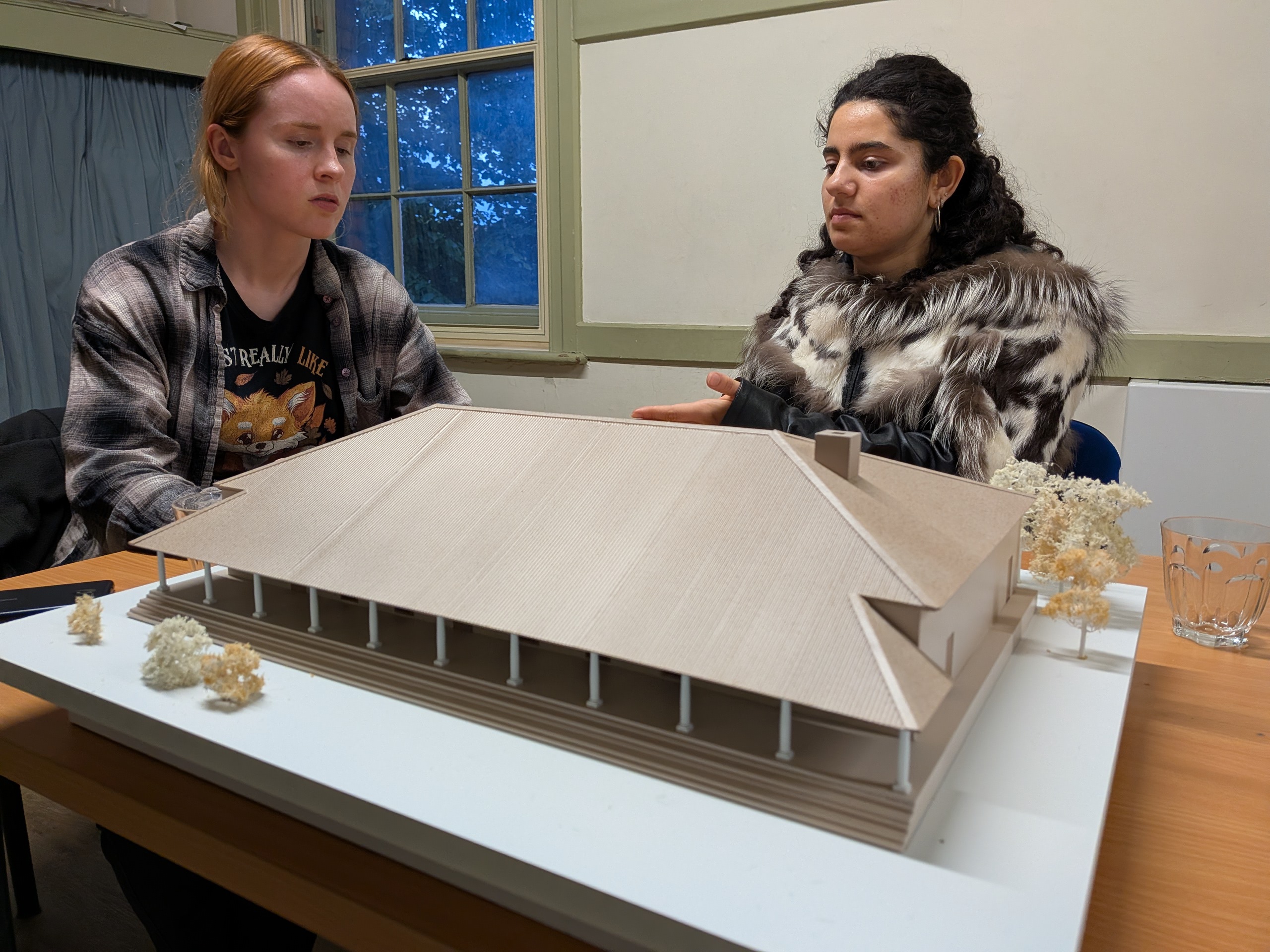News Article
Preview: Villa
05 Jun 25
Steve Grist introduces a gripping and thought-provoking drama that explores how a former torture site should be memorialised.
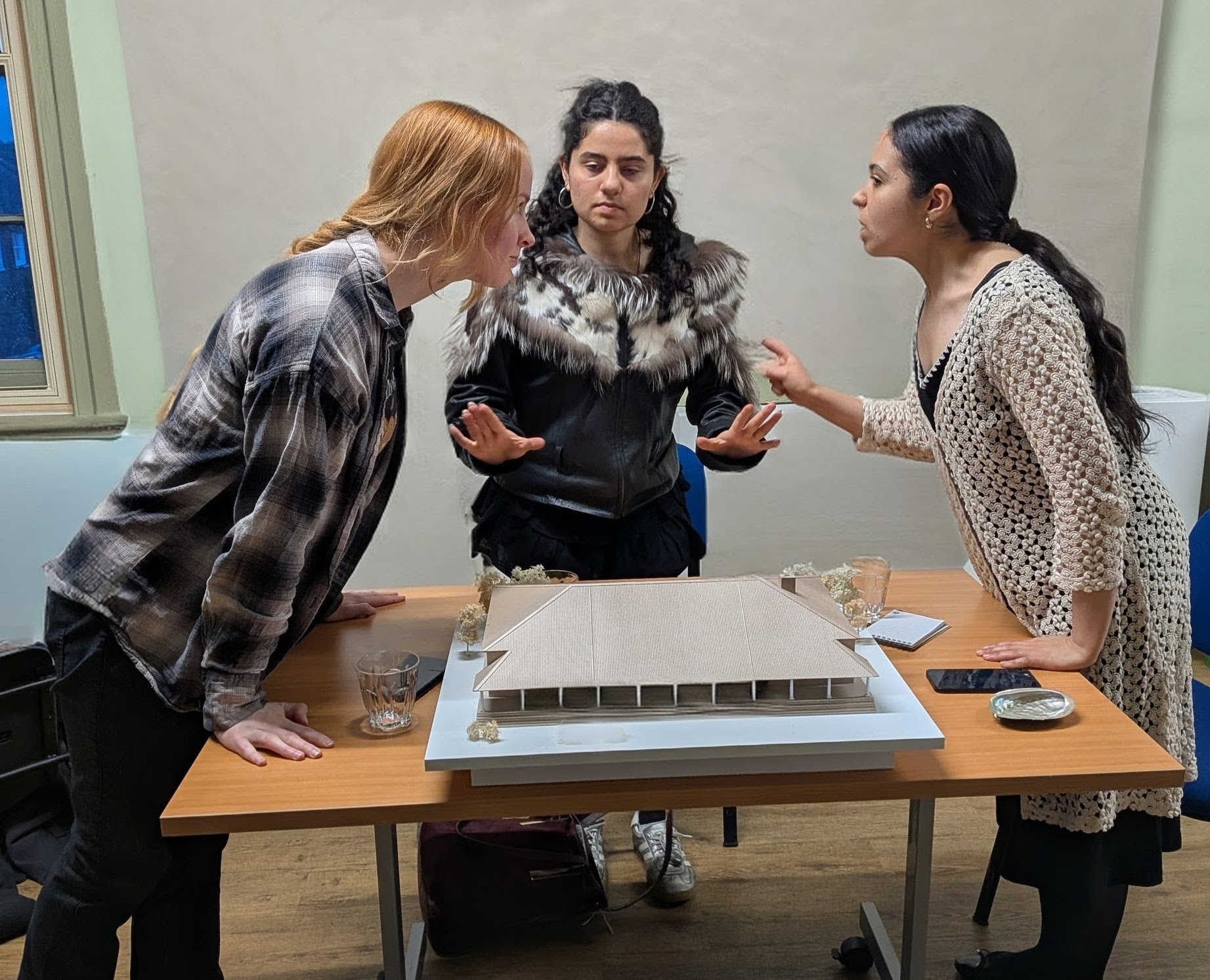
What brought you to directing this play?
A few things actually. First of all, I lived in Chile for 5 years shortly after the end of the dictatorship so I have a natural affinity for the country and its history, a history which I’d like to share more widely. Secondly, London has more than 150,000 people with Latin American heritage, many of them within a few miles of SLT and there is very little theatre in London which speaks to the Latin American experience, so I wanted to put on a play that mitigates that in part, and reaches out to our neighbours. But actually what brought me to this play in particular was a tweet by Mark Ravenhill wondering why this great play had never been performed in Britain, so I thought “challenge accepted”!
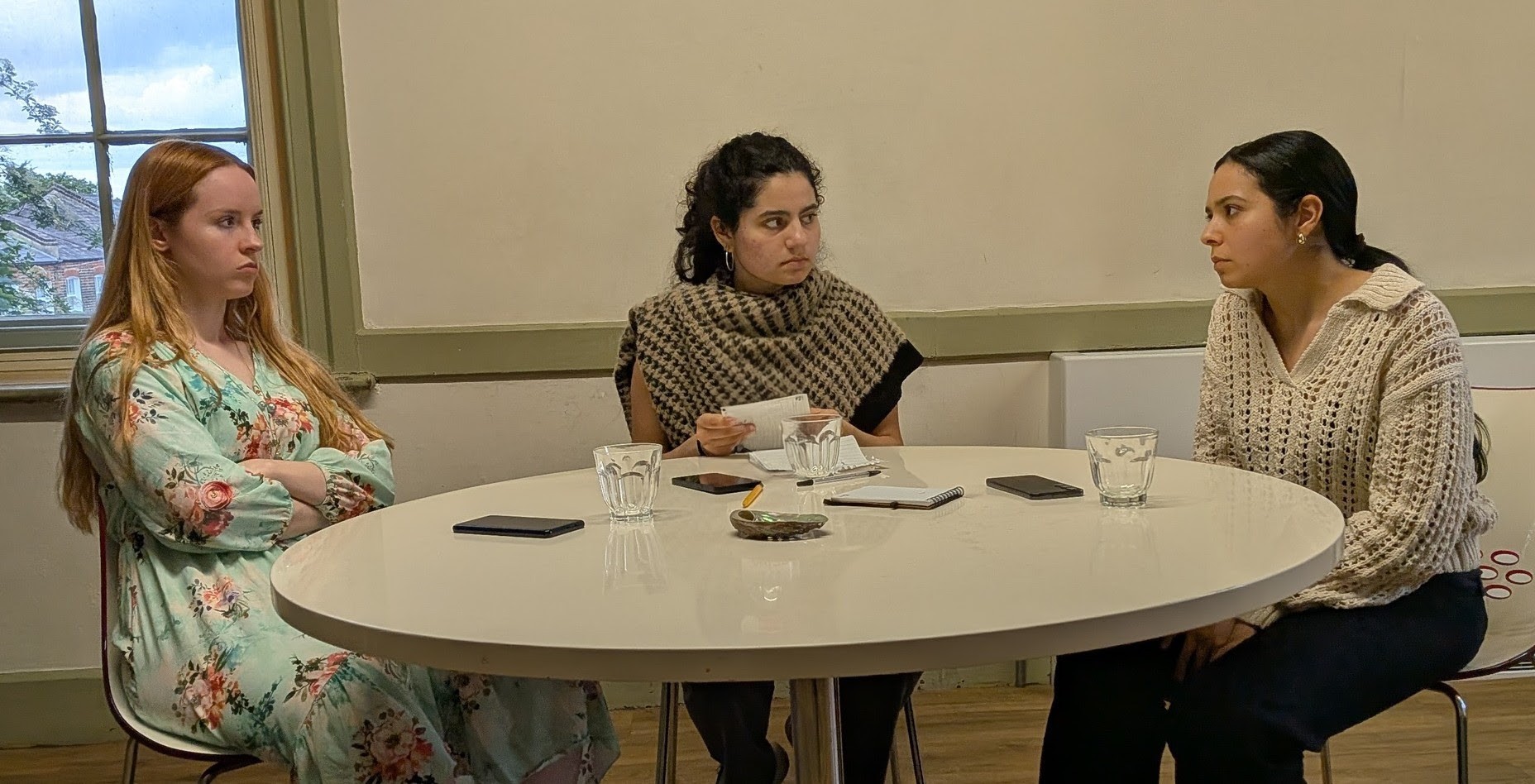
Tell us a little about the background to it
A bit of Chilean history – after the coup in 1973, the Pinochet dictatorship operated a series of detention and torture sites (including the Villa in the title) to imprison political prisoners. After democracy was restored, survivors wanted to make the site a memorial in some way of what happened, to keep the truth alive. This play is about 3 women who are given the task of deciding what to do with the site, how to think about collective memory, in particular of difficult times in a country’s past.
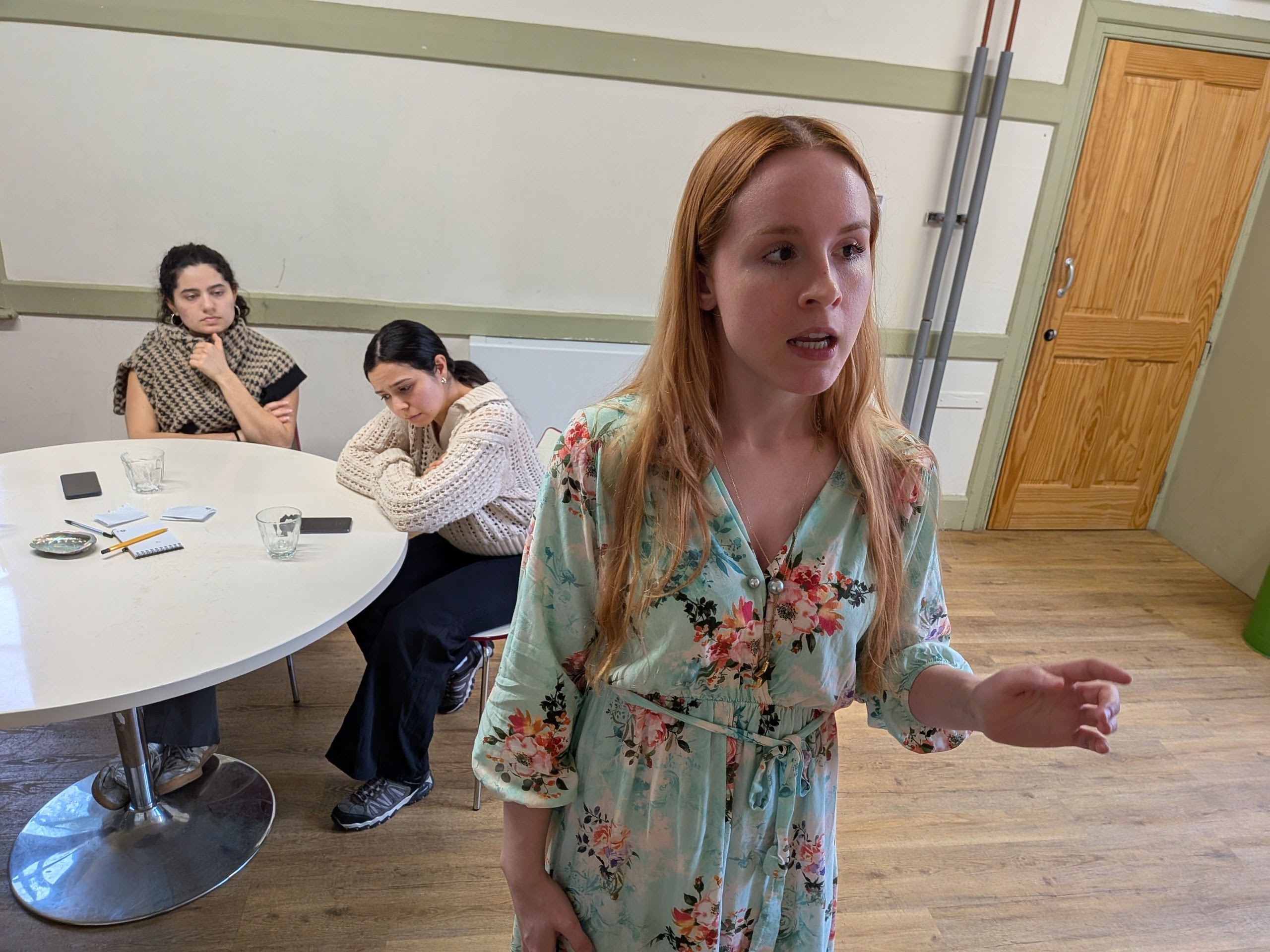
What have been the challenges for you in directing?
Well the first couple of rehearsals I felt more like a professor of Chilean history than a director as we went deep into character work. After that, as the play is set around a table, with limited stage directions in the text, we’ve done a lot of work on how to engage the audience, to bring them as close as possible to the committee room the women are in. Also, each of the actors has a meaty, emotional monologue so there’s been a lot of one-on-one work to bring these to life.
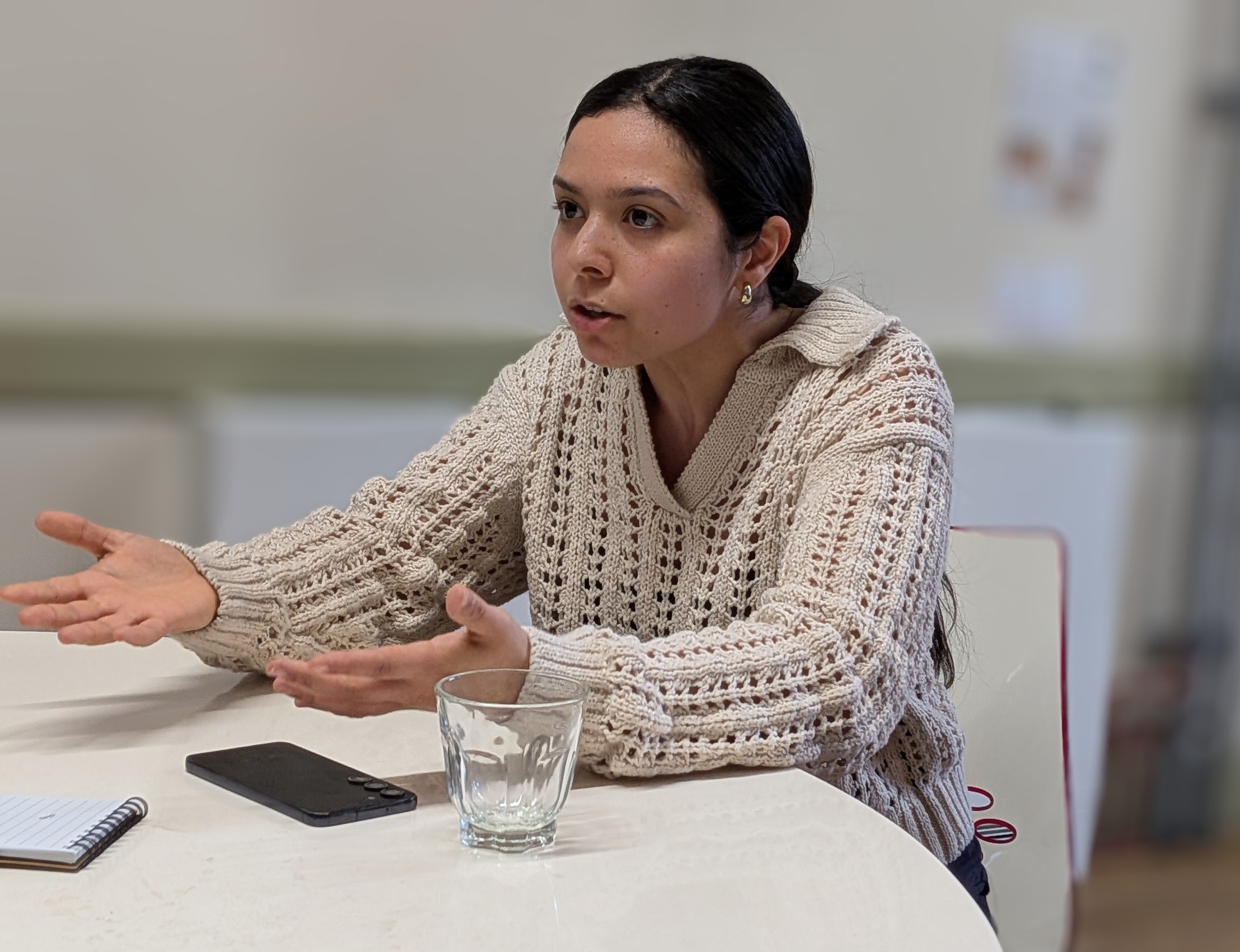
Tell us about the characters we'll meet
They are 3 women in their mid 20s to early 30s all called Alejandra, representing a sort of Chilean every-woman. But as the play goes on, their real motives and political persuasions become clearer.
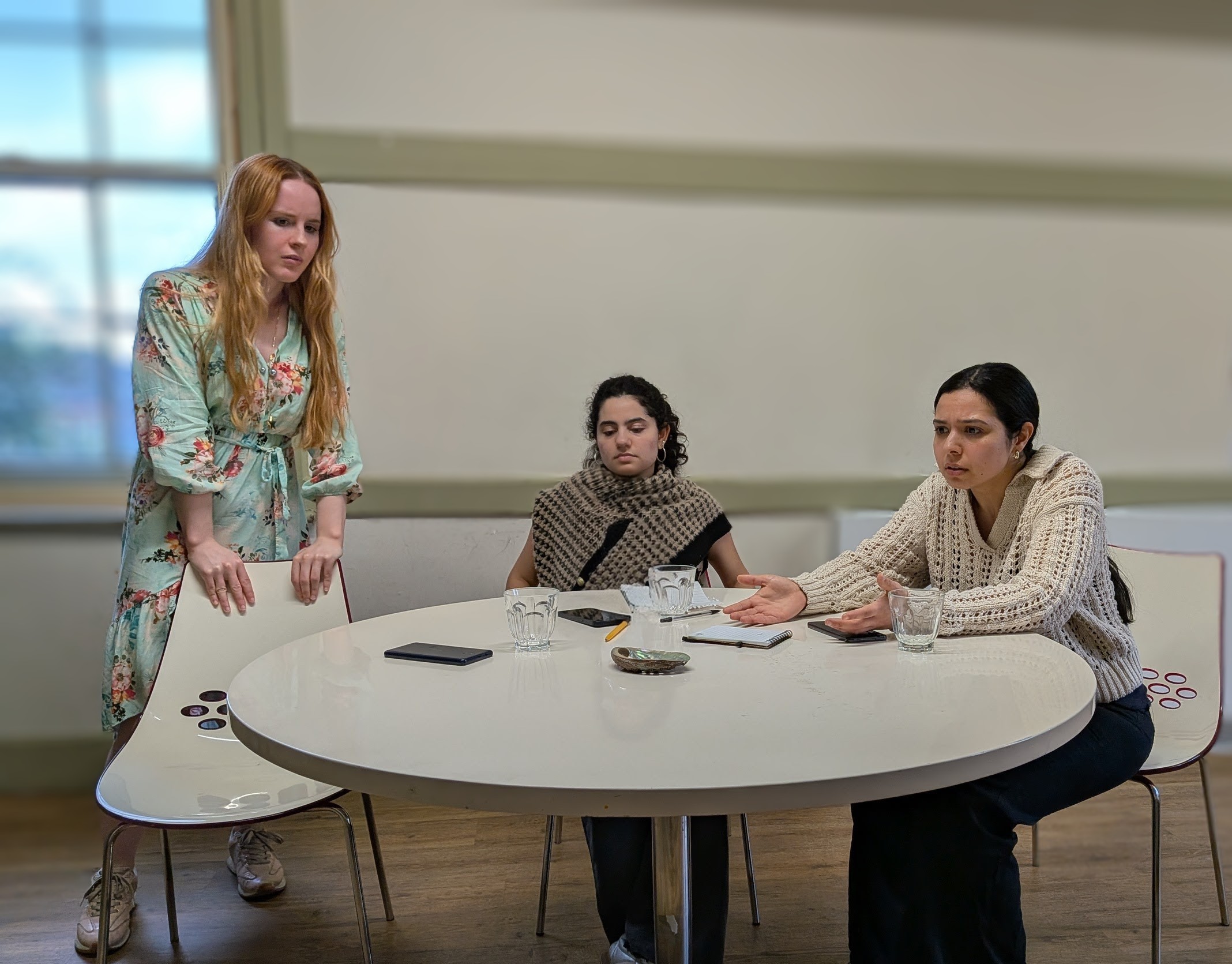
What do you hope your audience will take away from the play?
In a time when the truth is so capable of being subverted, the themes of memory and truth are so important. While this play is set in Chile, all countries have had difficult times in their past, and so how do you memorialise these difficult times while also allowing the country to move forward? In the end, the message is one of hope – that survivors can go on to anything, can build the future.
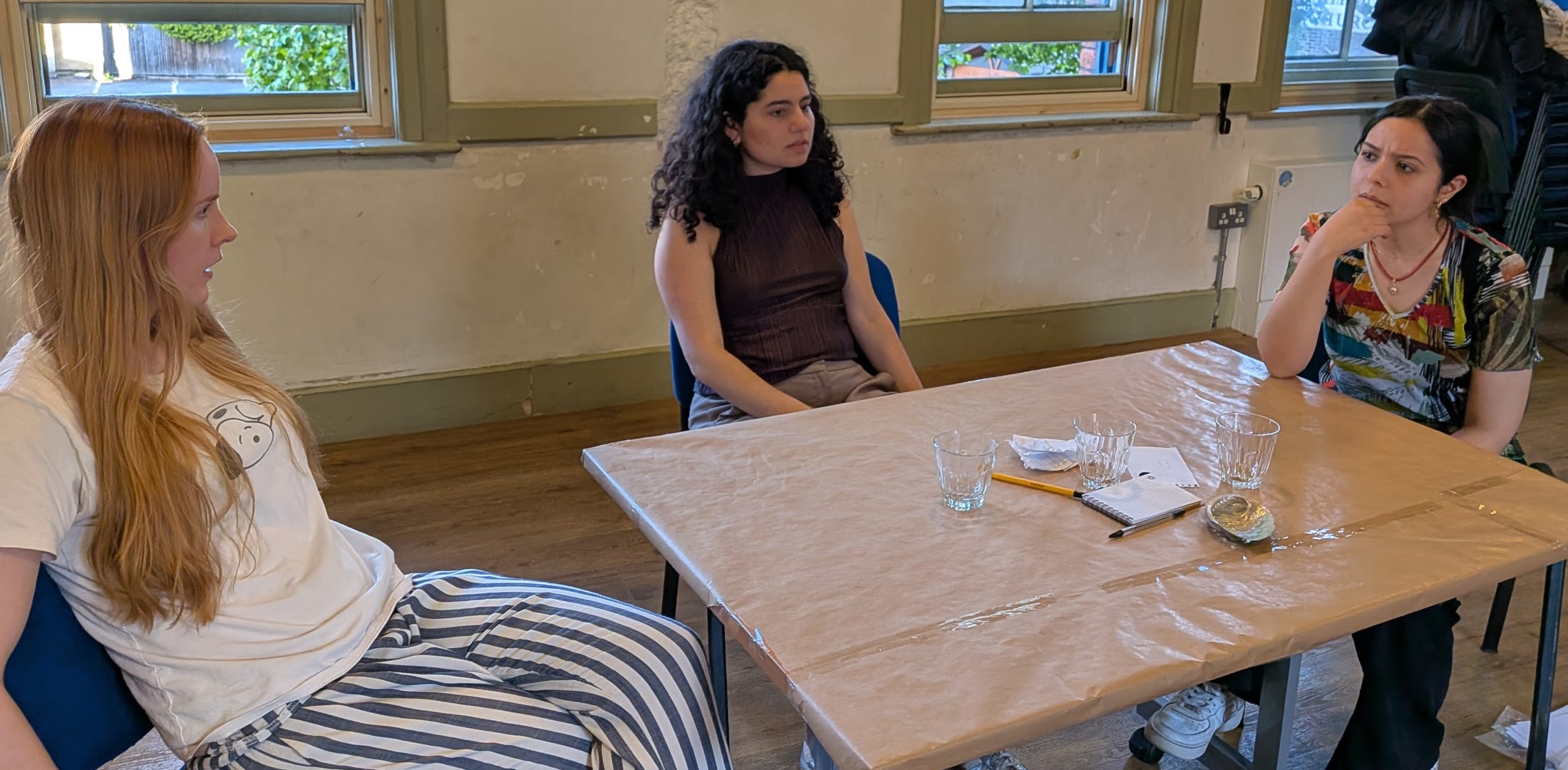
Describe the play in three words
Intimate, thought-provoking, Chilean
